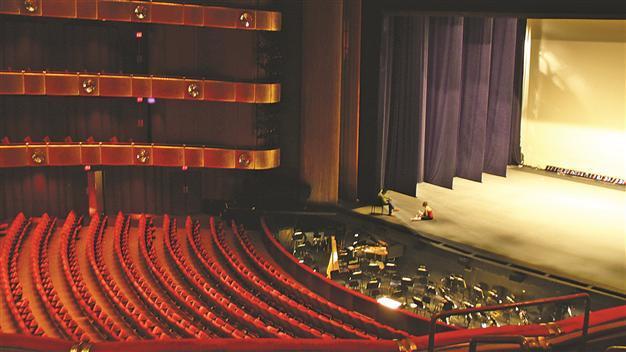New York City Opera starts filing for bankruptcy
NEW YORK - Agence France-Presse

The New York City Opera is the city’s second opera company but it will close.
The New York City Opera (NYCO) said Oct. 1 it would close and start filing for bankruptcy after failing to secure a desperately needed $7 million through an emergency fund-raising appeal.
The city’s second opera company, dubbed “the people’s opera,” opened its first season in 1944 and had set out to make the genre more accessible and affordable to the masses.
But the deadline on an emergency appeal expired at midnight on Sept. 30 with the company collecting only $2 million of the $7 million it needed to keep its doors open. “New York City Opera did not achieve the goal of its emergency appeal,” spokeswoman Risa Heller said in a statement.
“Today, the board and management will begin the necessary financial and operational steps to wind down the company including initiating the Chapter 11 process,” she added.
The company’s board decided last week to file for bankruptcy if the sum was not met, following enduring financial difficulty in recent years.
New York’s outgoing mayor, Michael Bloomberg, has reportedly refused to rescue the company. While he said he would be “sad” if the opera company closed, neither the city administration nor his private foundation would save it, The New York Times reported on Sept 30.
Last performance“The business model doesn’t seem to be working,” he was quoted as saying.
Saturday’s performance of Mark-Anthony Turnage’s “Anna Nicole” at the Brooklyn Academy of Music was the company’s last.
The opera was billed on the company’s website as confronting the “issues of modern celebrity, greed and exploitation.”
NYCO has helped launch the careers of several thousand young singers, including greats Placido Domingo and American soprano Beverly Sills.
NYCO, which also offers educational programs for children, had been part of Lincoln Center from 1966 until 2010. But financial difficulties forced it to move to Lower Manhattan and significantly reduce output.
